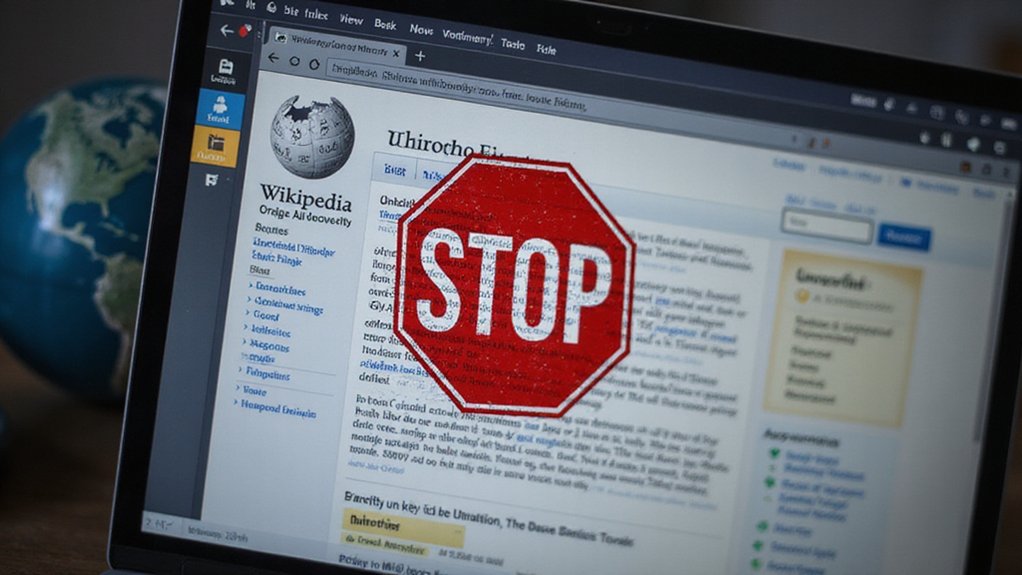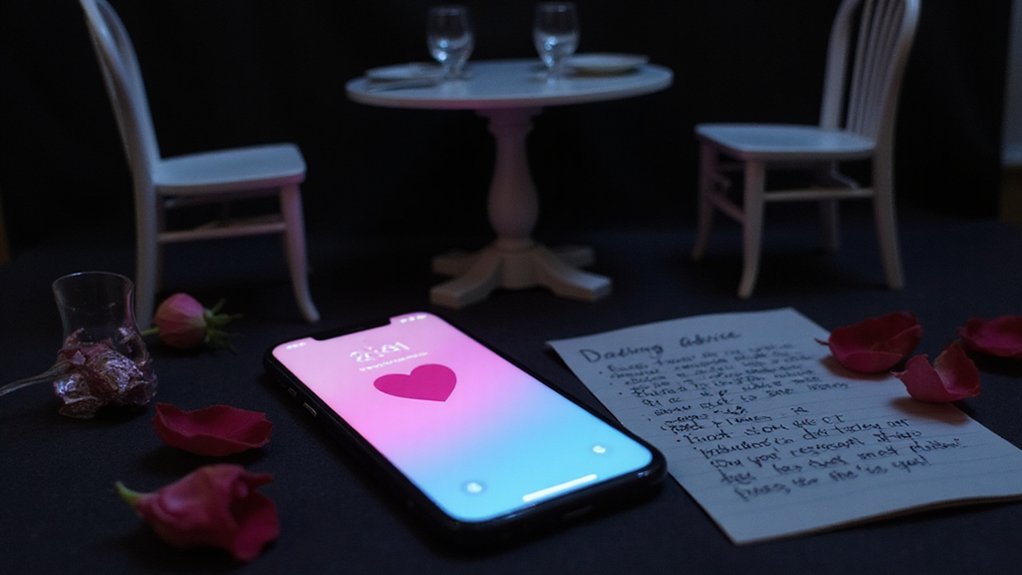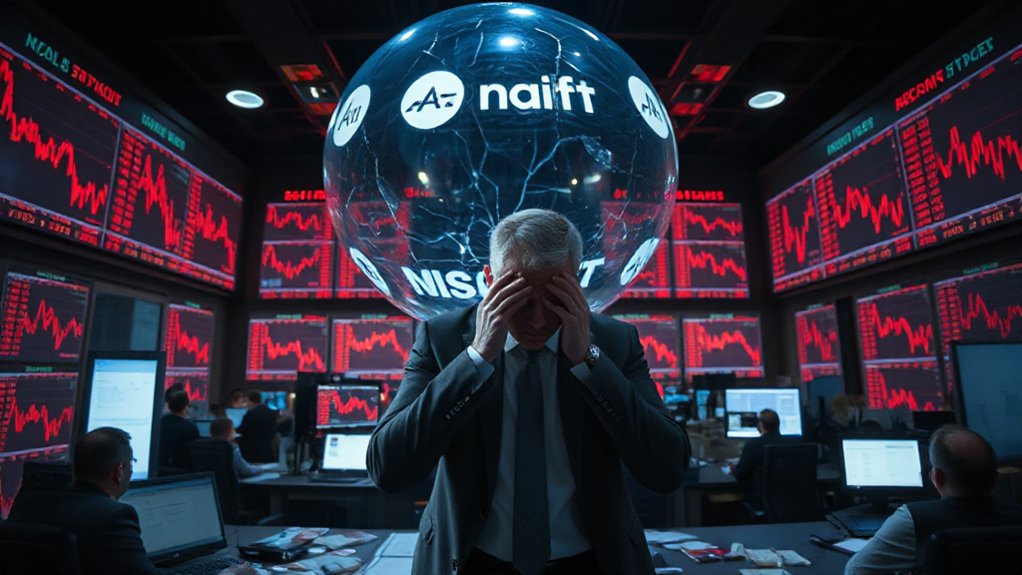AI Revolution Devours Gen Z Job Market as Companies Abandon Entry-Level Hiring
Entry-level jobs vanish as AI replaces Gen Z workers while older employees thrive—the…
- AITechBrief Editor
- October 10, 2025
The Great AI Attitude Flip: Workers Pivot From Fear to Mental Exhaustion
Workers feared AI would steal their jobs—instead it's stealing their sanity. The mental…
- AITechBrief Editor
- October 10, 2025
AI Investment Frenzy: Are We Witnessing the Next Tech Market Crash?
U.S. AI investment hit $109 billion while experts warn of a bubble 17 times bigger than…
- AITechBrief Editor
- October 10, 2025
AI Demystified: The Brain-Like System Anyone Can Grasp
Your phone thinks like a brain—but nobody told you how. Learn the simple truth behind…
- AITechBrief Editor
- October 10, 2025













